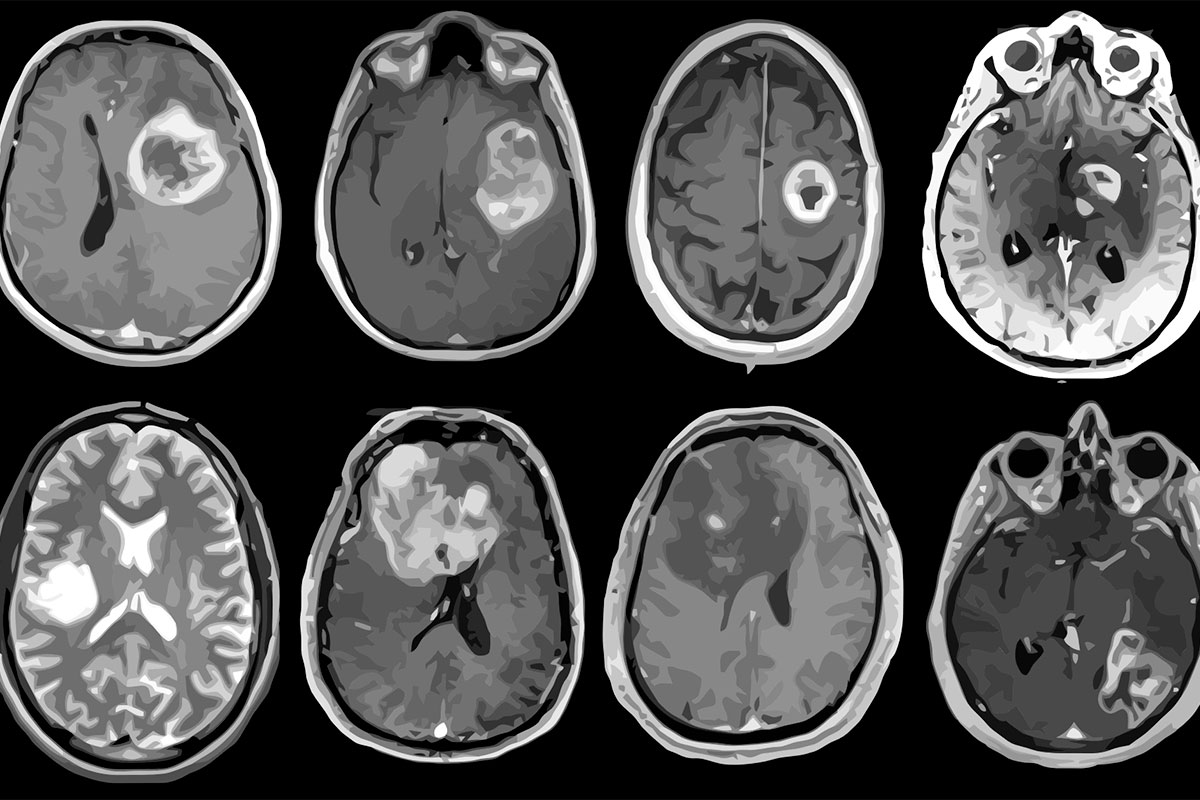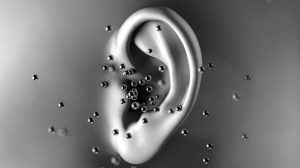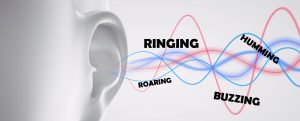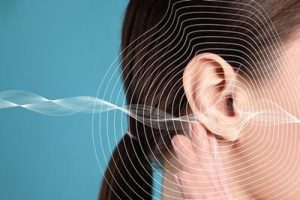United States: In observance of Tinnitus Week 2024, a resilient brain tumor survivor is bravely recounting his journey with tinnitus, a persistent affliction that emerged as an aftermath of his illness.
Rich Morris, a dedicated father of three from Brockworth, Gloucester, received a diagnosis of meningioma in March 2023 after enduring the debilitating effects of pulsatile tinnitus and intermittent blurred vision for three years.
The 40-year-old gardener explained, “My experience with pulsatile tinnitus began in 2019, manifesting as a rhythmic heartbeat sound in one ear. It became most prominent in quiet environments or post-exercise. Concerned, I sought help from my GP, who subsequently referred me to an ear, nose, and throat specialist (ENT),” according to reports by braintumourresearch.org.
However, due to the cascading delays triggered by the COVID-19 pandemic, his appointment was continually postponed, leaving him to wait nearly two years as the relentless thudding persisted in one ear.
A subsequent scan revealed the existence of a 5-centimeter mass on Rich’s brain. He underwent an intricate, seven-hour procedure to excise the tumor, and he is now under vigilant annual surveillance through routine scans.


Post-surgery, the pulsing in Rich’s ear faded, and his vision notably improved. Displaying remarkable resilience, he embarked on a 274-mile cycling challenge within just three months of the operation, raising funds for Brain Tumour Research, as mentioned in braintumourresearch.org.
For many across the UK, however, tinnitus persists as a severe impediment, affecting one in seven individuals and significantly diminishing their quality of life. This ailment can appear as a range of persistent sounds—ringing, buzzing, clicking, roaring, hissing, or humming within the ear. Its intensity can vary greatly, at times inducing distress, impairing concentration, disrupting sleep, and contributing to depression.
Tinnitus is a potential indicator of brain tumors, often appearing alongside symptoms such as hearing loss, dizziness, facial numbness, difficulty swallowing, and chronic headaches. It is particularly emblematic of acoustic neuroma, or vestibular schwannoma—a rare yet serious diagnosis.












Be First to Comment